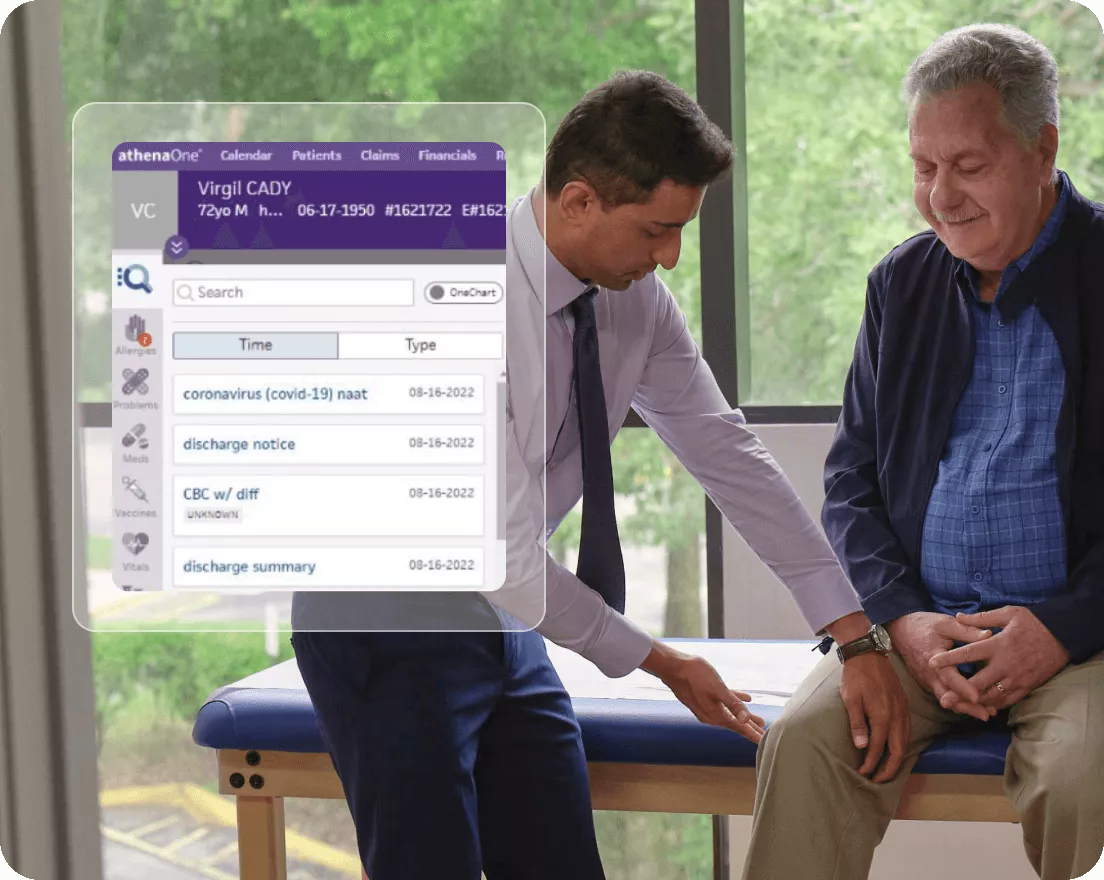
What You Should Know:
– athenahealth, a leading provider of network-enabled software and services for health care practices and systems nationwide, today announced major advancements that will usher in the next generation of intelligent interoperability for ambulatory care practices across the country.
– These advancements are part of the company’s vision of a reimagined AI-native athenaOne platform, which will be rolling out over the coming months to revolutionize how practices engage patients, coordinate and deliver care, and manage their revenue cycle.
athenahealth Unveils AI-Native Intelligent Interoperability to Transform Clinical Workflows
athenahealth is advancing its mission to simplify healthcare by integrating AI-native capabilities into its flagship athenaOne platform, delivering intelligent interoperability that improves clinical decision-making and reduces administrative burden. The company’s solutions—including EHR, revenue cycle management, and patient engagement tools—are designed to remove friction for patients, empower clinicians, and drive better clinical and financial outcomes.
“Rapid advances in AI allow us to reimagine the clinician and practice experience, solve previously unsolvable problems, and bring back the human side of healthcare,” said Bob Segert, chairman and CEO of athenahealth. “We are rolling out a transformative new athenaOne experience that relieves today’s administrative burdens while future-proofing ambulatory practices.”
Next-Generation Interoperability and AI Integration
Building on its long-standing strength in open architecture, real-time data exchange, and longitudinal patient records, athenahealth has become the first company to implement TEFCA across all eligible customers, reinforcing its leadership in nationwide interoperability. Now, the company is embedding generative AI and piloting an industry-first Model Context Protocol (MCP) server on athenaOne platform APIs, enabling standardized, real-time data communication between AI models and diverse healthcare data sources. This evolution supports dynamic insights directly in the clinical workflow, bridging practices, hospitals, registries, payers, and other EHR systems.
AI-Native Capabilities in the athenaOne Platform
- Next-Generation Document Services – Uses AI to label clinical, imaging, and administrative documents, extract valuable clinical data from faxes, and store it as searchable, reportable discrete elements to improve value-based care performance.
- Next-Generation ChartSync – Automates reconciliation of external medication data, eliminating 94% of manual processing by deduplicating and updating patient charts without clinician intervention.
- Intelligent Summaries (alpha testing) – Generates concise, AI-powered overviews from diverse data sources, enabling quick access to relevant clinical insights.
- Chart Assist (alpha testing) – Functions as an AI-enabled assistant that searches across all clinical data to answer queries or produce targeted summaries, helping clinicians prepare for patient visits more efficiently.
By merging one of the most comprehensive patient data sets with advanced AI capabilities, athenahealth aims to create an EHR that acts as a true partner—lightening the cognitive load on clinicians, enhancing patient care coordination, and setting a new industry standard for intelligent, patient-centric healthcare technology. Additional AI-native features spanning clinical workflow, revenue cycle, and patient engagement will be unveiled in the coming months.
